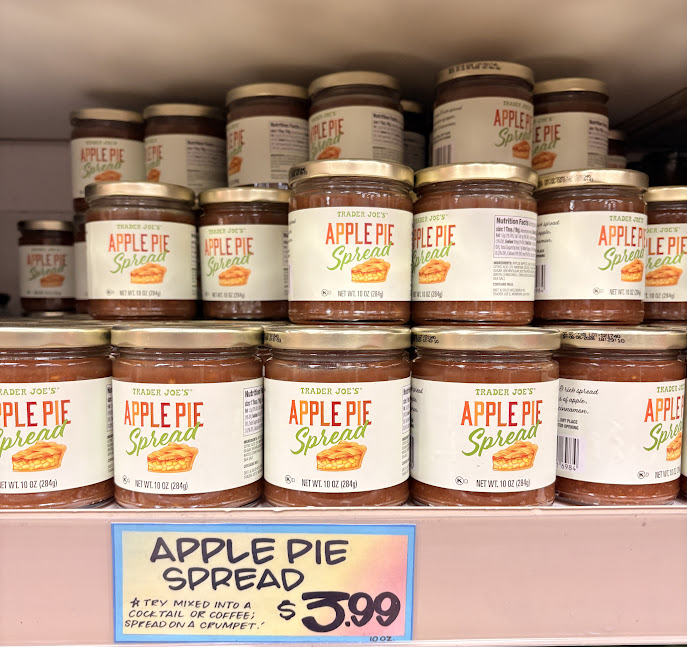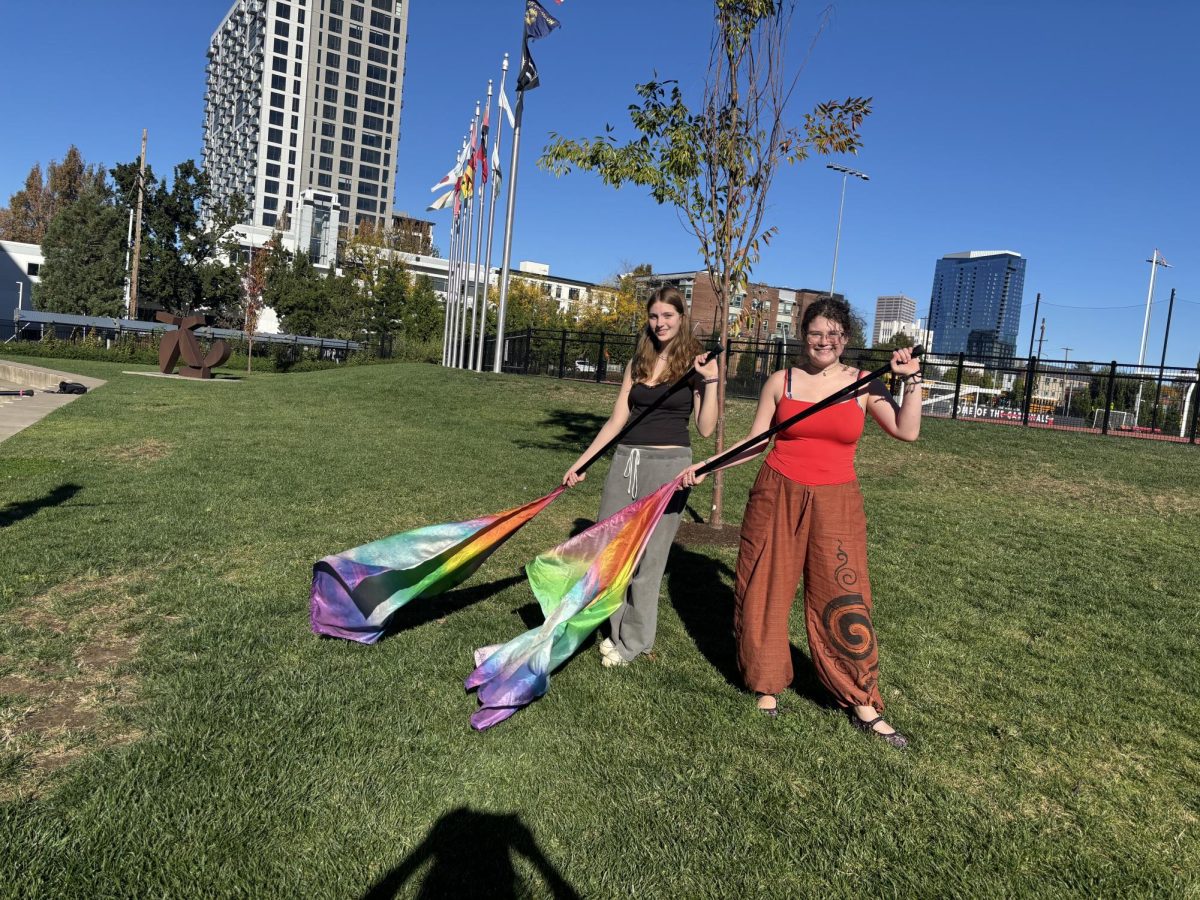Lets Talk Mental Health: Column 3— social media romanticizes life
Former reporter Gracie Pixton will be attending Baylor University in the fall.
June 7, 2021
Social media romanticizes every aspect of life and sets unrealistic and unattainable expectations for young adults.
There are so many impossible expectations disguised as lifestyle inspiration hidden all across the Internet. These unrealistic expectations keep many people from feeling satisfied with their own lives.
While I am equally guilty for falling into the endless rabbit holes known as Pinterest and Instagram, I have come to realize that these pictures and posts are not inspiring us. Instead, they are making us feel like we are inadequate in every aspect of our life. Harsh but true.
Fitness is a widely discussed topic on social media. While there are some good online resources for fitness, many of the ideas presented on social media are detrimental to our mental wellbeing. In fact, the media is considered to be a contributing factor to both eating disorders and body dysmorphia, according to the National Eating Disorders Association. Why? Because when you are constantly bombarded with images of people with the “ideal body,” one that is commonly associated with thinness and sameness, it is easy to stop nourishing yourself in a healthy way.
Self care is another widely discussed social media concept, especially among young female social media influencers (For more information on what an influencer is, read Avery Hellberg’s article on the Cardinal Times.) A common idea promoted on social media is that, if you take a night to yourself to light a candle, do a facemask and watch your favorite Netflix show, all your problems and mental health-related issues will magically go away. This is a very dangerous assumption to make. For those who are genuinely struggling, options such as therapy have the potential to make a far greater impact than following your favorite YouTuber’s “Self Care Routine.”
Unrealistic expectations connect to travel-related social media posts. All over TikTok, there are videos telling you to pack all your bags and move to Europe or to leave home and live in a Volkswagen bus off the road. While these are all fun ideas and lifestyles that work well for some people, realistically it is not the path that most people end up taking. Furthermore, for most people, these options are extremely financially unrealistic. These types of videos have the potential to make people who choose to live in their hometown and take a deskwork job feel like they are being boring or unadventurous. In actuality, these types of lifestyles are equally satisfying. Social media constantly promotes the idea that you are missing out on life unless you are doing something unconventional.
Are you beginning to see a pattern yet? Social media glamorizes almost every aspect of life and makes it challenging to be satisfied with where you are. It can leave us feeling ungrateful. Thoughts like “I wish I looked like that,” or “I wish I lived there,” make it difficult for us to be present.
Almost every Instagram page is meant to convey one message: “I am happy.” It is not often that we see people sharing the more challenging moments of their life. When we live under the impression that everyone around us is happy ALL THE TIME, then we automatically assume that there is something wrong with us when we are experiencing any other emotion.
I think the question we ask ourselves is, what can we do to protect our own mental health from social media and all its unrealistic standards and expectations?
One practical technique is not to fall into the endless scroll. Limit your screen and social media time. Apps like TikTok and Instagram are created to keep you scrolling forever. Once they have your attention, they do not want to let it go. You have the ability to combat that by limiting your social media time and sticking to the limits that you set for yourself. There are lots of practical ways to do this such as setting screen time limits on your devices, connecting with friends and family, having them hold you accountable, and much more.
Another technique is to know your resources, especially when it comes to fitness and diet. What you see online is not always the most healthy option. Additionally, what you see online is not specific to each person and their individual needs. There are plenty of reliable resources to turn to ensure that you are living a healthy lifestyle.
Social media can be a great place to connect with others, exchange ideas and share information. It is okay to experience a range of real emotions, and although social media makes it seem like everyone around you is happy all the time, that could not be further from the truth. You are meant to take things at your own pace, live the life you want to and find happiness in your own way.
Resources:
Social media is not the most reliable place to find help. Below are some resources that are reliable and accurate!
-
- Nurse Mary Johnson (Lincoln School Nurse) – [email protected]
- Giovanna Bocanegra (Licensed Clinical Social Worker) – [email protected]
- Judy Marantz-Herzberg (Licensed Clinical Social Worker) – [email protected]
- Jim Hanson (Lincoln School Psychologist) – [email protected]
- Multnomah County Crisis Services
- Multnomah County Call Center/Crisis Line: (503) 988-4888 (24 hours a day, 7 days a week)
- Urgent Walk-In Clinic: 4212 SE Division (503) 963-2575 (Like Zoom Care for Mental Health)
- DAILY 7am-10:30pm – insurance not a barrier
- National Suicide Prevention Lifeline – 1-800-273-TALK (8255)
- The Trevor Project (For LGBTQ young community) – 1-866-488-7386
- Friends For Survival, Inc. (Support for suicide survivors) – 1-916-392-0664
- YouthLine (For teens in crisis) – 1-877-968-8491
- National Eating Disorder Association – Find information about calling/texting/screening through website: https://www.nationaleatingdisorders.org/




